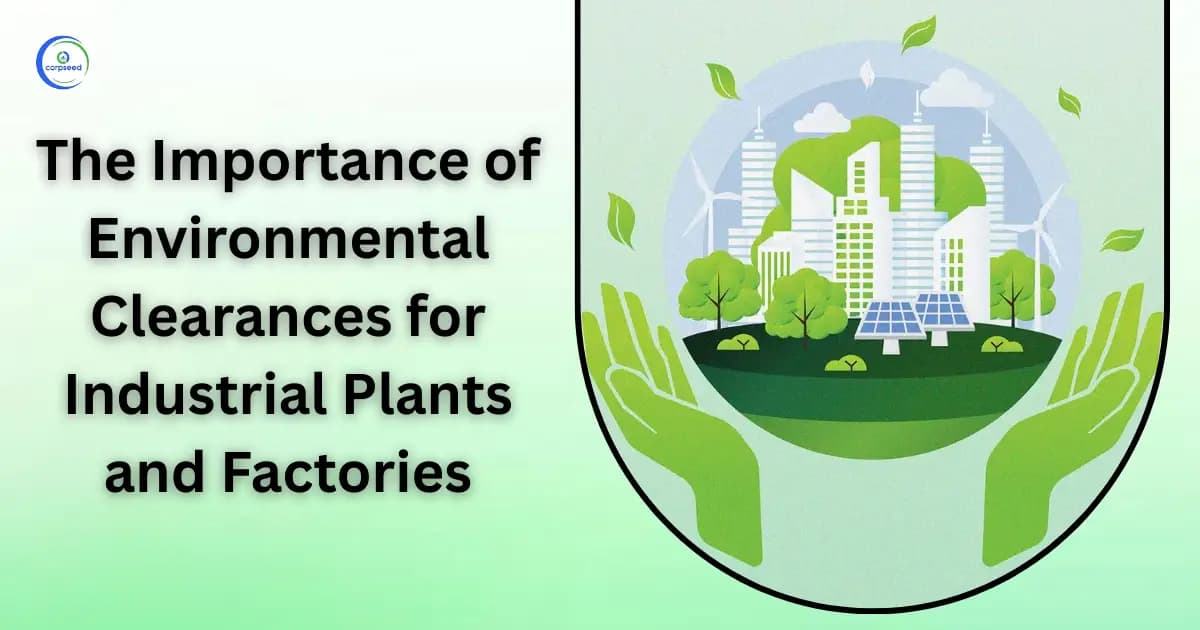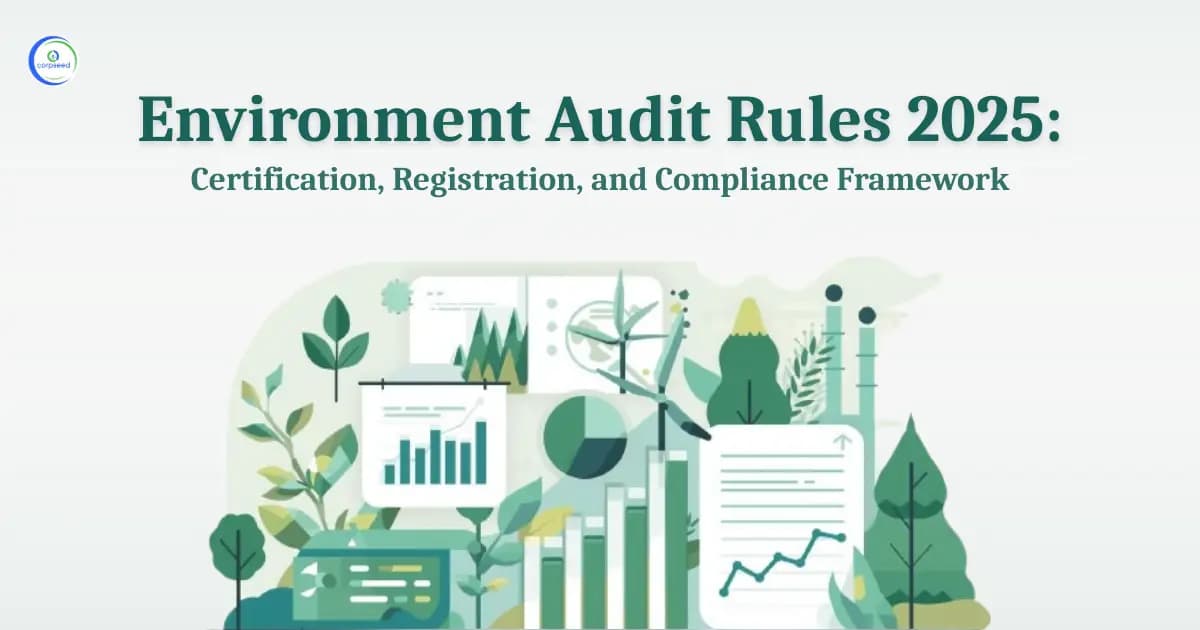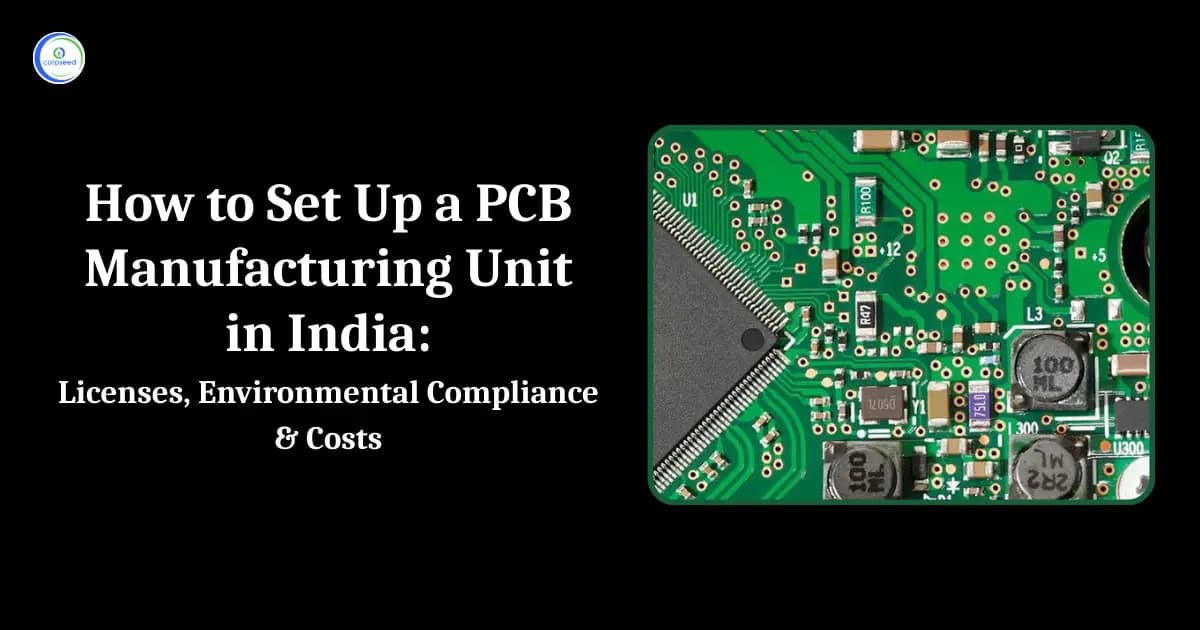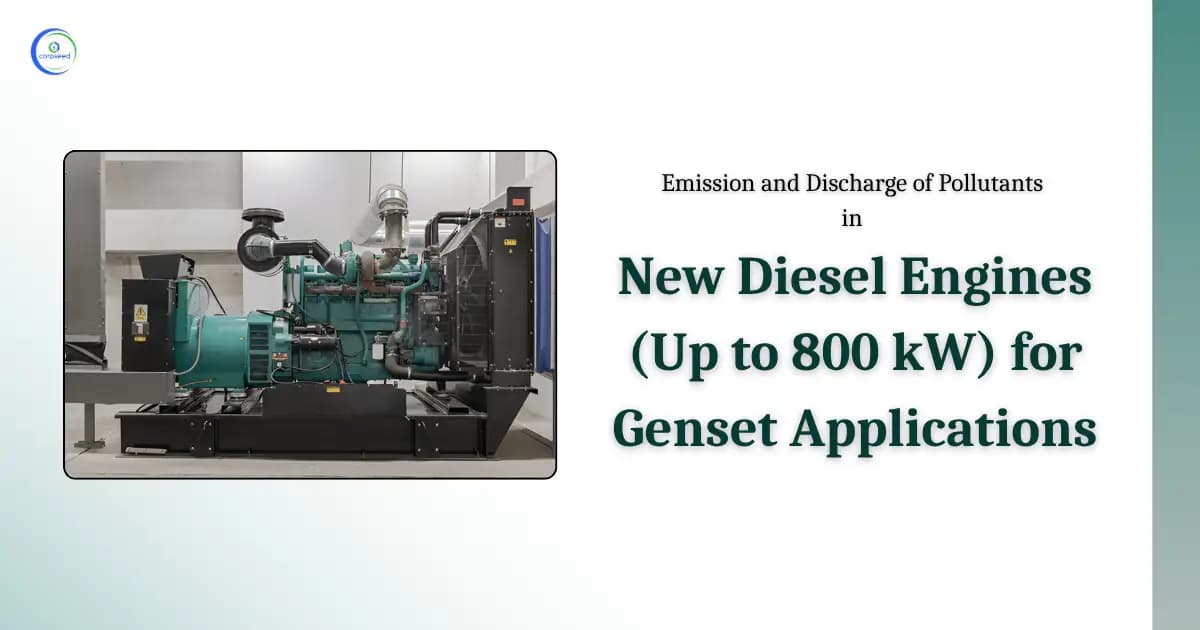
Loading...

The primary objective of environmental clearance is to ensure that industrial plants and factories operate in a manner that causes the least amount of damage to the environment.
About the Author

Mahek Sancheti, BAJMC graduate with a deep passion for writing. As a content writer, video content creator, creative content creator, and scriptwriter, I bring stories to life through words and visuals. I honed my skills by working with a prominent news agency, where I excelled in crafting compelling narratives and engaging content. Coming from a journalism and mass communication background I have skills to craft engaging narratives that captivate audiences. With a keen interest in writing and creativity, I aim to deliver impactful and meaningful content that resonates with diverse audiences.
Related articles
.webp&w=1536&q=75)
Government Exempts CETPs from Environmental Clearance under EIA Notification
2026-02-16

MoEFCC Clarifies EC Norms for Construction Sector
2025-09-25

MOEF Compliance in India: Key Regulations Businesses Must Follow
2025-09-16

Environment Audit Rules 2025: Certification, Registration, and Compliance Framework
2025-09-06

How to Set Up a PCB Manufacturing Unit in India: Licenses, Environmental Compliance & Costs
2025-08-19

Emission and Discharge of Pollutants in New Diesel Engines (Up to 800 kW) for Genset Applications
2025-07-25
Delhi Legal Metrology (Enforcement) Amendment Rules, 2026
2026-02-24 • 0 views
2023-02-27
2026-02-25